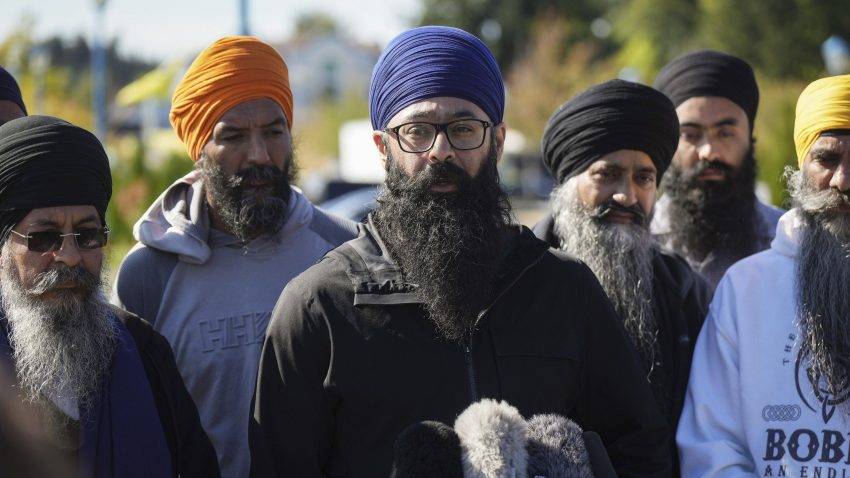Today at WPR, we’re covering what Xi Jinping’s ‘Common Prosperity’ agenda really means for China, and Russia’s deteriorating relations with Armenia.
But first, here’s our take on today’s top story:
Canada-India: Canadian PM Justin Trudeau alleged yesterday that the Indian government may have been behind the assassination of a Sikh separatist leader, Hardeep Singh Nijjar, in British Columbia in June. An Indian diplomat was expelled from Canada over the accusation, which the Indian government denied. In a tit-for-tat move, New Delhi also expelled a Canadian diplomat. (Washington Post)
Our Take: Most governments would not make an accusation this serious without good reason—usually in the form of solid intelligence—to believe it is well-founded. The diplomatic incident and any subsequent actions taken by Canada in response to Nijjar’s killing are now guaranteed to escalate tensions between the two sides. But relations were already strained over Ottawa’s refusal to take action against the Canadian Sikh diaspora’s support for a Punjab separatist movement that New Delhi has labeled a terrorist organization.
Get the Daily Review sent straight to your inbox every weekday.
Perhaps even more notable than the two sides’ responses, then, is the so far muted response from Canada’s allies and partners in the G-7 and Five Eyes intelligence-sharing group, which also includes the U.S., the U.K., Australia and New Zealand. These allied nations had been informed of Canadian intelligence about the killing weeks ago, but chose to respond privately rather than risk a public dispute ahead of the recent G-20 Summit hosted in New Delhi.
Canada’s allies may yet respond publicly, of course, but for now, their silence suggests that New Delhi’s importance as a strategic partner in countering China and as a bridge in relations with the Global South means that India may now be “too big to fail.”
And if the allegations do turn out to be credible, it would further highlight the success PM Narendra Modi has had in selling India as a partner to the West despite serious democratic backsliding in the country during his time in power. It would also further underscore the degree to which the global norms and rules against transnational repression have been significantly eroded in recent years.

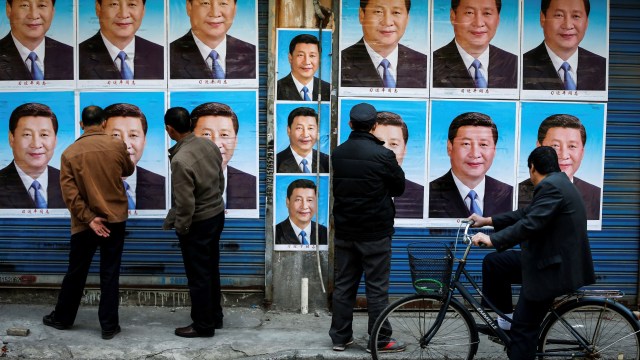
In Xi’s China, ‘Common Prosperity’ Now Means Lowering Expectations
In several speeches in 2021, Chinese President Xi Jinping called for “Common Prosperity” as a new key goal of Chinese-style modernization. Observers both inside and outside China speculated that Xi was launching a new populist, left-wing agenda that would start spreading wealth in China more equitably.
But Common Prosperity was never intended to be a Robin Hood-like intervention to take from the rich to help the poor. As Mary Gallagher explains in her first column for WPR, it is much more anti-rich than pro-poor, seeking to constrain capital so as to empower the state, not to empower or enrich labor.
Tensions With Armenia Highlight Russia’s Waning Role in the Caucasus
Last week, in a move that raised eyebrows among close observers of the South Caucasus region, Armenia held joint military exercises with U.S. troops for the first time.
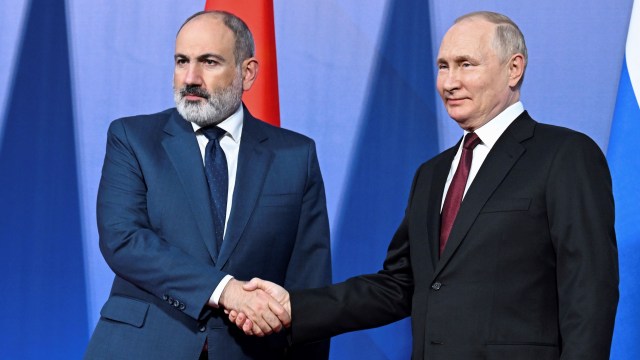
Remarkable in and of themselves, the exercises were even more noteworthy because they followed a series of other recent developments that underscored the degree to which Armenia’s relations with Russia—Yerevan’s historical security guarantor and treaty ally—have deteriorated in recent years, Emil Avdaliani writes.

Question of the Day: Recent estimates put the shortfall in financing for achieving the U.N. Sustainable Development Goals, or SDGs, at how much each year from now until 2030, when the goals are supposed to be achieved?
- $1 billion to $4 billion
- $10 billion to $40 billion
- $100 billion to $400 billion
- $1 trillion to $4 trillion
Find the answer in the latest WPR Weekly Quiz, then read Isabella Massa and Samory Toure’s briefing on how the SDGs can still be achieved.

ASEAN began its first joint naval exercise Tuesday in Indonesia’s Natuna waters near the disputed South China Sea, although notably further from the disputed waters than initially planned.
The joint exercises come at a time of rising geopolitical tensions between several Southeast Asian countries and China, largely due to the latter’s increasing assertiveness in the region. As Richard Javad Heydarian wrote last week, however, ASEAN is either unwilling or unable to check Beijing’s worst instincts, and as a result risks fading into irrelevance.
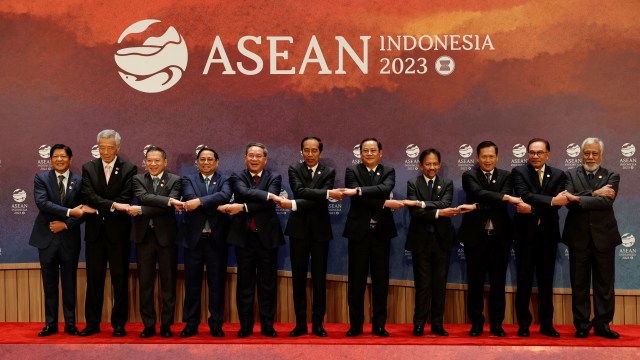
Another ASEAN Summit Gives China’s Bullying Tactics a Pass
Sept. 11, 2023 | Last week’s ASEAN summit highlighted how an obsession with unanimity has paralyzed its ability to manage relations with China. Read more.
*****
Spain’s parliament voted for the first time Tuesday to allow its national legislators to use Catalan, Basque and Galician, regional languages spoken by millions of Spanish citizens.
The reform has been a long-standing objective of regional nationalist parties, whose leverage as kingmakers significantly increased following an inconclusive election in July that saw neither the progressive nor conservative blocs able to form a majority government.
Acting PM Pedro Sanchez, who called July’s snap elections, needs the support of the regional nationalist parties in order to form a new government. As Miquel Vila Moreno explained last month, however, that leaves these parties with a tough dilemma:
Spain’s Elections Have Put Regional Parties in a Bind
Aug. 8, 2023 | After Spain’s election, regional parties from Catalonia and Basque Country must choose between two evils for the next prime minister. Read more.
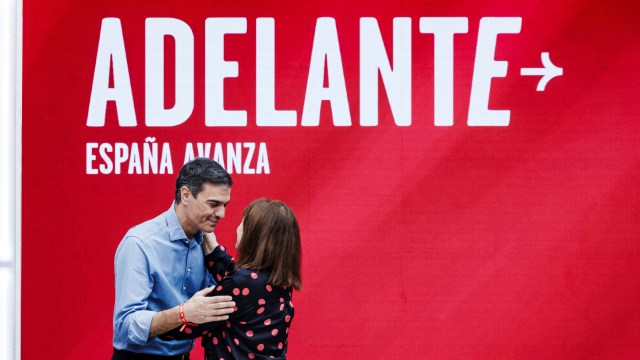
That’s all for today’s Daily Review. Coming up, we’re covering South Africa’s political opposition and Russia’s outreach to Southeast Asia.
Have a great day,
Jakob Cansler
More From WPR
- Jonathan Fenton-Harvey on a Nile dam dispute between Egypt and Ethiopia.
- James Bosworth on Brazil’s upcoming G-20 leadership.
- Paul Poast on Republicans’ calls for the U.S. to invade Mexico.
- Zikora Ibeh on carbon markets in Africa.

